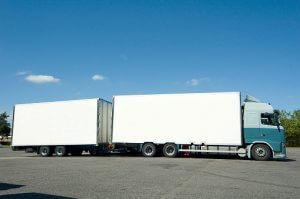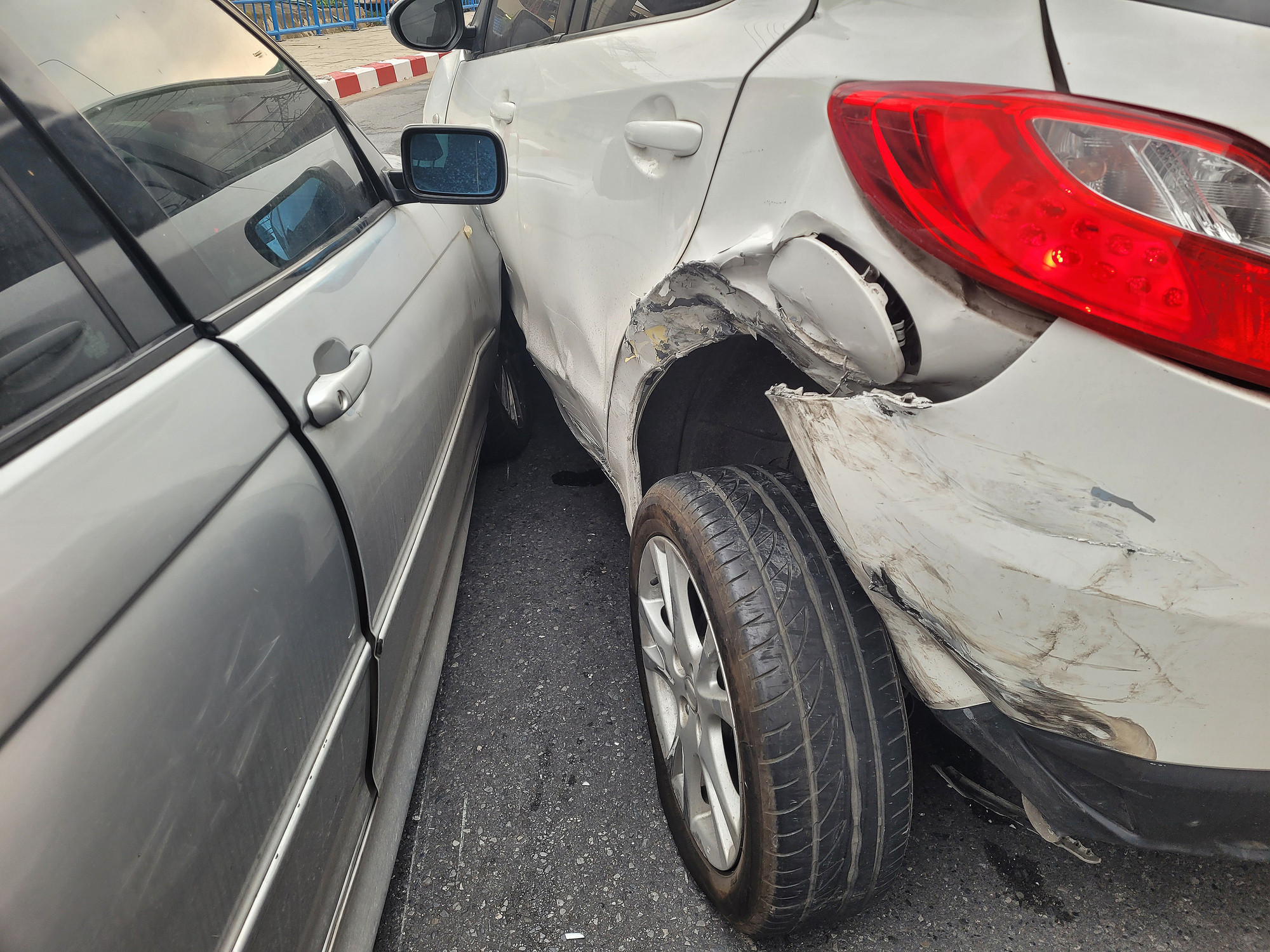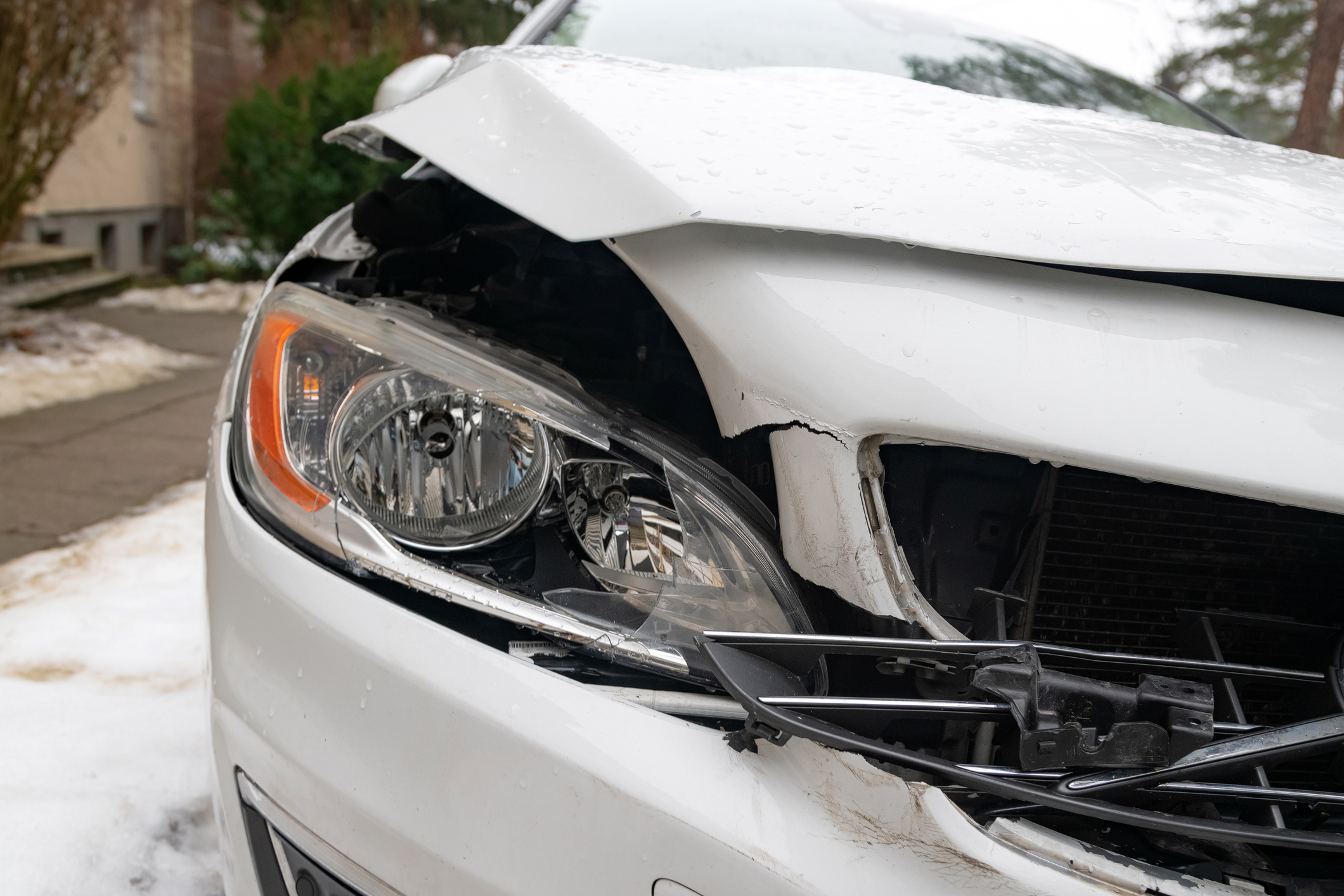The main job of trucks on Kansas roads is to transport cargo. Unfortunately, sometimes that cargo is not properly loaded and problems can arise as a result. Cargo can fly out of trucks and injure other motorists on the road. It could also cause a truck collision if it is unbalanced. Furthermore, load problems are a big reason for truck rollover crashes, which can be deadly.
If a truck accident is caused by cargo issues, the driver and trucking company could be held accountable. It is important for victims to understand how accidents happen and to provide proof of the cause of the truck crash so they can get fair compensation.
Three main cargo issues that cause truck crashes include:
- Unbalanced loads: A load is weighted too heavily to one side of the truck or the other.
- Unsecured loads: Debris from the cargo load flies off the truck and causes injury by hitting other vehicles or motorists; by creating a road obstacle that causes a crash; or by obscuring the vision of other motorists.
- Oversized loads: Trucks have weight limits and are not allowed to exceed them. If a truck has a load that weighs too much, this can increase the risk of tire blowouts and rollover accidents. Because the truck is much heavier, it will also have a longer stopping distance and will create a bigger impact if it collides with other vehicles.
These cargo issues can result in a significant number of truck crashes happening. An analysis was conducted to determine causes of large truck rollover accidents and was published by the Association for the Advancement of Automotive Medicine. It showed that 26 out of 239 rollovers studied, happened because a load was heavier than it should have been; was fastened too insecurely; or was placed too high on the truck.
In the report on the study, researches indicated that: “The effect of loads is evident in the fact that they have twice the effect on rollovers as they do on other truck crashes.” The risks are worse when the truck is going around a curve or was on a ramp. Both lane-changes and situations where a wheel drops off the pavement were also higher-risk times for rollovers caused by overloaded trucks.
Trucker misjudgment can also combine with load problems to make the risk of a collision even greater. In 18 of the 29 rollover incidents, the trucker misjudged how fast he could safely travel given the load he was carrying.
A truck driver can be held responsible if he or she was negligent in loading the truck or unreasonably careless in driving the vehicle. It is important for any victim to understand the rules regarding truck driver liability for loss. Because the trucker could be an agent of his employer, the employer could also be liable for losses.





